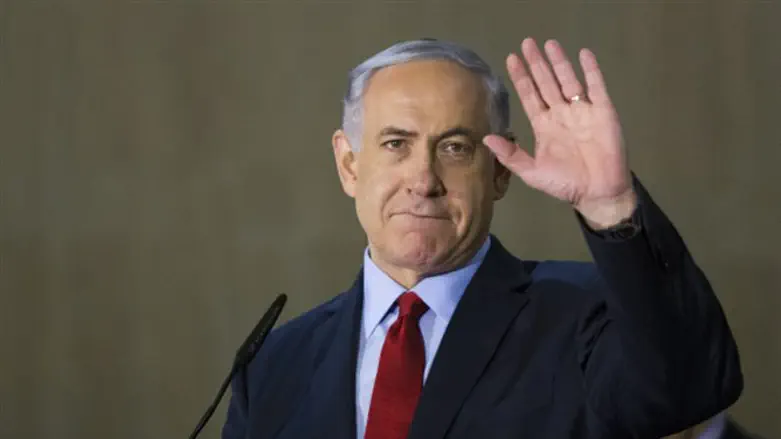
After three decades in the Knesset and nearly 11 years as Prime Minister, Binyamin Netanyahu has become something of a permanent fixture in the country’s political life.
After serving as Premier for three years in the 1990s, Netanyahu was defeated in 1999 by Ehud Barak – but returned as Foreign and then Finance Minister in the early 2000s. And in 2009, Netanyahu returned to power, serving as Prime Minister for three consecutive terms (2009-2013, 2013-2015, 2015-present). If he serves out the full four years of his current term, to which he was elected by a landslide victory despite all the polls and media predicting a loss for the Likud, he will surpass David Ben Gurion as the longest serving Prime Minister in Israeli history.
At 67, Netanyahu could very well remain in politics for years to come. Ariel Sharon served until the age of 78, while Yitzhak Shamir, Ben Gurion, and Golda Meir all left office at age 76.
But with a series of active police investigations into allegations of corruption, misappropriation of state funds, and conflicts of interest, fueled by the leftist media and the opposition parties, the possibility of early retirement for Netanyahu has raised the question of who would succeed him at the helm of the party he has led for 17 years.
According to a survey conducted by pollster Mano Geva on behalf of the Midgam agency, no clear frontrunner has emerged – though several contenders appear to dominate the list.
Among the 500 participants in the poll, 44% said they had no specific candidate in mind they felt was best suited to replace Netanyahu as candidate for the premiership.
But narrowed down to those 56% of respondents who did select a candidate, 42% backed former Education and Interior Minister Gideon Saar. Saar, who has often been floated as a possible party chairman to replace Netanyahu, declared in 2014 he was taking a sabbatical from politics, resigning form the Knesset. He did not run on the Likud’s 2015 slate.
In second place with 26% is incumbent Internal Security Minister Gilad Erdan, who also serves as Strategic Affairs Minister, and Minister of Information.
Jerusalem Mayor Nir Barkat came in third with 20%. A businessman and former Kadima member, Barkat was first elected in 2008 and reelected in 2013. In 2015, Barkat joined the Likud, sparking speculation he may vie for a senior position in the party once his term ends in 2018.
In fourth place with 13% is Yisrael Katz, currently serving both as Transportation Minister and Minister of Intelligence and Atomic Energy.
